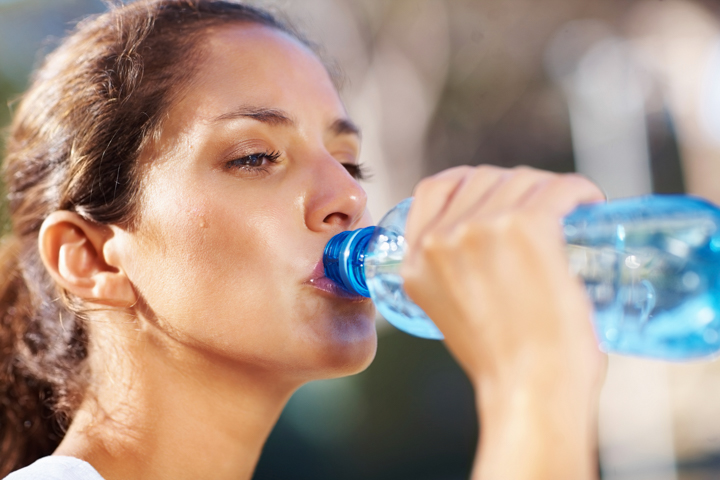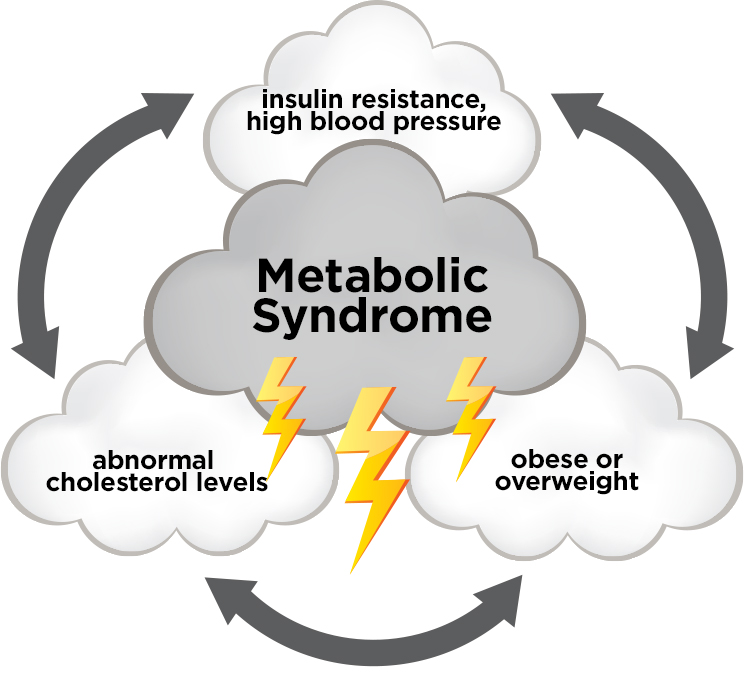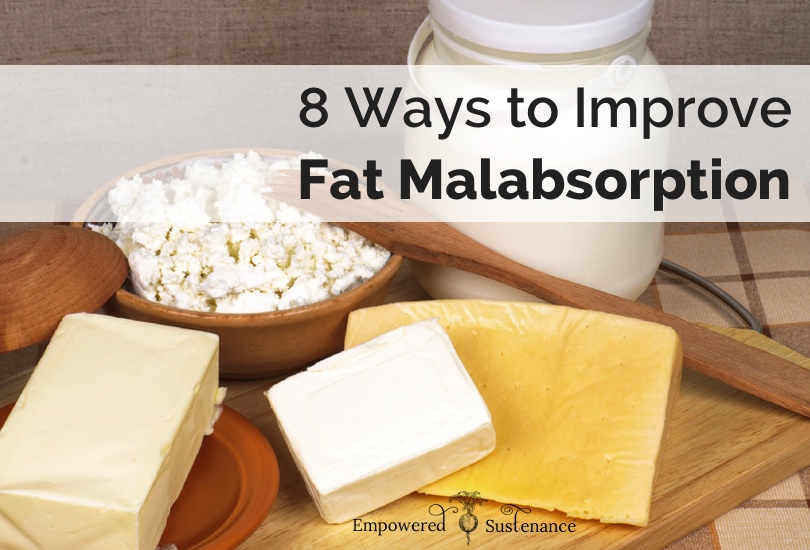Controlling addiction to sugar and sweet foods
Controlling addiction to sugar and sweet foods: Essential diet tips to fight sugar cravings

Controlling addiction to sugar and sweet foods is not going to be easy if we do not change our attitude towards sugar consumption
We all like to associate ourselves with sweet food that taste appealingly well to our desires. Because of the nature of humans feeding style, a lot of food businesses are so much concentrated around sweet food. In other words the world today is feeding literally on sugar without knowing the health consequences they are putting themselves into. If this is becoming a way of life, is there anything that can be done to salvage the situation? The steps of sugar addiction are increasing daily and today it is not a single step that begun the journey but miles and miles covered all for the wrong direction. We have a passion as experts from AWAREmed Health and Wellness Resource Center under the able leadership of doctor Dalal Akoury who is the MD and founder of the facility to make a difference in controlling addiction to sugar and sweet foods. And so we ask are you tired of this life full of sugar consumption and you are looking for effective ways to beat sugar addiction? Here you will find a whole slew of nutrition-related resources for people who want to break free of an addiction to sugar and sweet foods.
Doctor Akoury founded this facility primarily to help you cope with whatever form of an addiction you may be struggling with. We are aware that sugar addiction causes over-indulgence in sweets and other sugary treats which can lead to many health complications in the long term, including obesity, diabetes, tooth decay, heart disease, and certain types of cancer. And that is why we want to help you all the way to complete recovery says doctor Akoury. Remember that just in the short term, a high consumption of sugar is likely to cause mood swings and make you feel tired or irritable. Some of the negative effects of sugar are linked to its effect on the hormone insulin and its high calorie count like for instance a table sugar also known as sucrose, has 387 calories per 100 grams or 3.5 ounces, while others are linked to the impact of sugar on vital nutrients. Remember that refined sugar is void of vitamins and minerals, so your body will have to borrow these nutrients from healthy cells in order to be able to metabolize the sugary food. The direct effect of this is that your body will be depleted of its minerals, enzymes and vitamins stocks especially vitamin C and the B complex vitamins.
Controlling addiction to sugar and sweet foods: The addictiveness of sugar
Even though sugar is food but when it comes to addictiveness, just like any other drug sugar can be very addictive and sometimes seen even as being more addictive than other drugs since it is legally allowed for consumption. This accessibility and the fact that it is sweet make sugar to be the preference of many at the expense of possible health complications attached. It is sincerely worrying that even with the knowledge we have today about the negative indulgence of sugar on health, many people and more so in the western nations are comfortably making marry with sugar. If you were to get access to various individuals house hold, you will notice that many families are very comfortable adding sugar to their foods, and we indulge in store-bought foods which contain tons of added sugar. And besides that according to various research findings, it has been estimated that the average people and in American for example consumes 125-160 pounds of sugar every year.
With this experience, the question that comes in mind is that “why is it so difficult to beat an addiction to sugar and sweets?” This is actually a direct question whose answer can be traced anciently from the evolution periods. History has it that the early human beings lived in an environment where quick sources of energy were scarce, and thus their taste buds evolved to like foods that provide an abundance of readily available energy. That food which could deliver energy timely at that time was sugar. In both times anciently and currently sugar is still an excellent source of energy and any sweet taste would typically indicate that the food in question is actually rich in sugar. And again looking at the feeding habits then, people were using lots of vegetation where non-poisonous plants were the favorites to many because of their sweet taste nature while poisonous plants were typically bitter. This habit may have also encouraged our ancestors to develop a natural preference for sweet foods. It is therefore possible that the addictive nature of sugar is not just a present happening but has been there time immemorial further complicating the effectiveness in controlling addiction to sugar and sweet foods.
Controlling addiction to sugar and sweet foods: The stimulant factor of sugar
Doctor Akoury says that at a cellular level, sugar and other sweet substances appear to stimulate the brain’s beta-endorphin receptor sites, these are the same chemicals that are activated whenever a drug addict intoxicate himself or herself with heroin or morphine. It is important to note that even though the addictive properties of sugar are nowhere near the effects of illegal substances, it may essentially be difficult to eliminate those sweet cravings. Nonetheless to help you break free of a sugar addiction, AWAREmed Health and Wellness Resource Center under Doctor Akoury’s care will be here for you to ensure that all your concerns about sugar addiction are professionally addressed. Besides that we will be discussing in the next article certain essential diet tips which are very helpful in fighting sugar cravings. This is a discussion you don’t want to miss. So stay tune on the link and keep the knowledge flowing so that you can learn more about how to fight sugar cravings naturally by revamping your diet explicitly with the professionals. You can also schedule for an appointment with doctor Dalal Akoury to have a one on one discussion about any topic about all kinds of addiction, healthy living and weight loss programs.
Controlling addiction to sugar and sweet foods: Essential diet tips to fight sugar cravings






 Type 2 Diabetes Cure: Natural Treatments that will Prevent and Reverse Diabetes (Natural Health Books) (Volume 2)
Type 2 Diabetes Cure: Natural Treatments that will Prevent and Reverse Diabetes (Natural Health Books) (Volume 2)













 Are Low-Carb Diets a Heart Health Risk?
Are Low-Carb Diets a Heart Health Risk?


